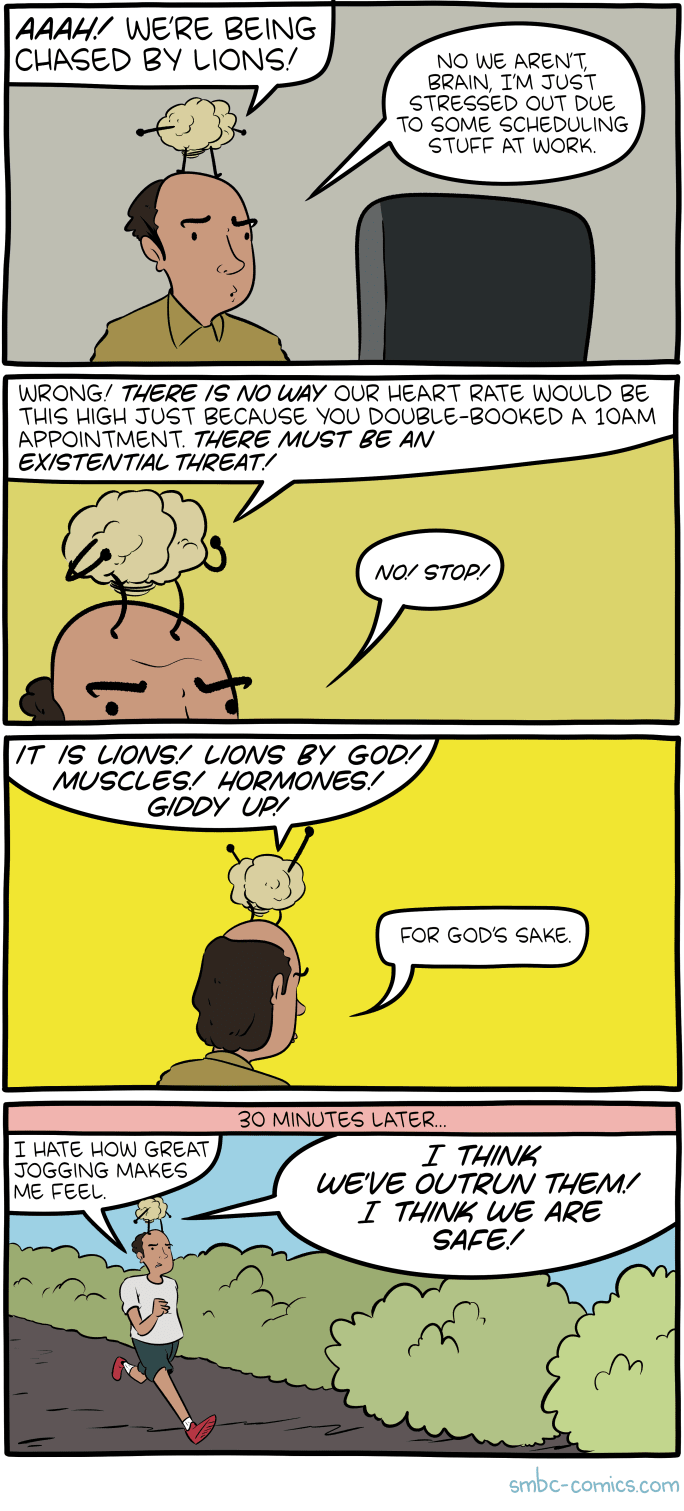Why you should eat meat - even if you hate factory farming
Cross-posted from my Substack To start off with, I’ve been vegan/vegetarian for the majority of my life. I think that factory farming has caused more suffering than anything humans have ever done. Yet, according to my best estimates, I think most animal-lovers should eat meat. Here’s why: 1. It is probably unhealthy to be vegan. This affects your own well-being and your ability to help others. 2. You can eat meat in a way that substantially reduces the suffering you cause to non-human animals How to reduce suffering of the non-human animals you eat I’ll start with how to do this because I know for me this was the biggest blocker. A friend of mine was trying to convince me that being vegan was hurting me, but I said even if it was true, it didn’t matter. Factory farming is evil and causes far more harm than the potential harm done to me. However, you can eat meat and dramatically reduce the amount of suffering you cause. Here’s my current strategy, but I’m sure there is a lot of room for improvement (and if there is anybody who feels nerdsniped by this, then I’ll consider this post to be a success): * Mussels and oysters. They are quite unlikely to be sentient (very few neurons, mostly immobile so less evolutionary reasons to develop things like fear or pain). If they are sentient, farming practices are pretty similar to their evolutionary environment, so it’s probably not bad. * Wild caught fish. They are not factory farmed, which removes most of the suffering. Then it’s just counterfactually killing them earlier than they would have died anyways, and in ways that might actually be faster and less painful than the “natural” ways (starvation, disease, predation from other animals). Here’s a good case for sardines in particular. * Beef, especially pasture-raised (different from grass-fed). Factory farming of cows is far less bad than other animals. They often have access to the outdoors for a large percentage of their lives. They are cuter so we tr





